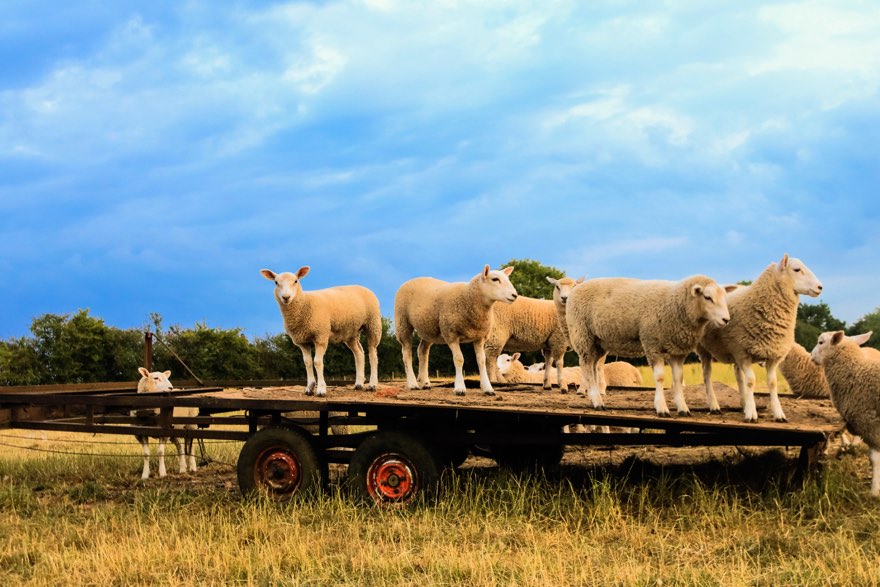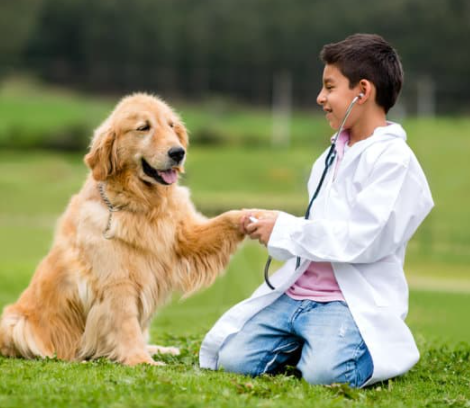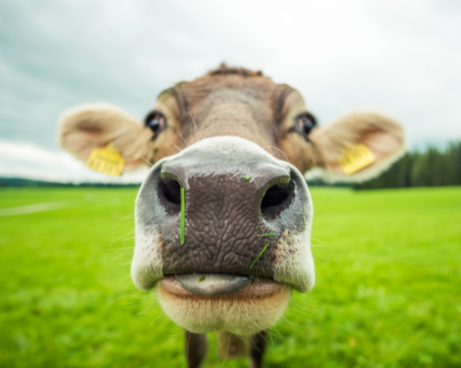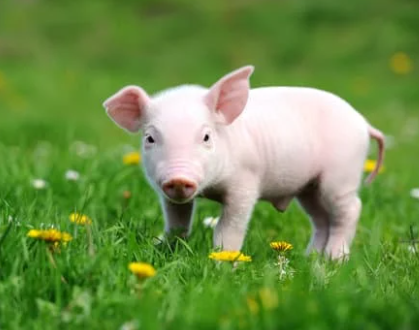
Education
Animal science is a diverse and multi-faceted field that offers a career that you will find stimulating, sometimes challenging, but ultimately very rewarding. Animal science encompasses the scientific disciplines underpinning the management of farm, companion, wild and captive animals. These include, but aren’t limited to, physiology, biochemistry, nutrition, genetics, health, behaviour and welfare.

CAREERS IN ANIMAL SCIENCE
The potential career paths for those studying an animal science degree are rich and diverse and include, research and advisory services, animal nutrition, genetics, health and welfare, as well as consultancy in the agricultural, food, companion and wildlife animal industries. Also, it is possible to use an animal science degree to go on to study veterinary medicine or further postgraduate degrees.
- Farm Manager
- Veterinary Nurse
- Fishery Manager
- Laboratory Technician
- Agricultural Scientist
- Animal Welfare Officer
- Food supply chain
- Zookeeper/manager
- Charity Officer
- Marine Biologist
- Zoologist
- Research- academic and industry
- Animal Nutritionist
- Animal Physiotherapist
- Animal Technician
- Nature Conservation Officer
- Science Writer
- Army dog handler
- Police dog handler
- Farrier
- Vet

WHAT SKILLS DO YOU NEED FOR A CAREER IN ANIMAL SCIENCE?
- Good powers of observation
- Ability with numbers
- Patience and perseverance
- Attention to detail
- A questioning mind
- Problem-solving skills
- A passion for animals and science
- Higher education for certain roles
- Ability to communicate when speaking and writing

RESEARCH
Many animal scientists are employed by a variety of organisations to conduct pure and applied research. Potential employers include:
- Research institutes and universities
- Charities
- Government agencies
- Pharmaceutical and animal feed manufacturers
Research projects may involve laboratory-based investigations, as well as studying animals in their natural environments or in captivity. Competition for research posts can be intense and postgraduate qualifications are likely to be required

STUDYING AN ANIMAL SCIENCE DEGREE
The study of animal science involves looking at the biology of animals, their evolution, function, and our interaction with them on all levels. Animal science courses aim to give you the knowledge of animal systems and management and how to apply this to issues and situations relating to areas, such as agriculture, livestock production, wildlife conservation, animal welfare and sustainable food production. There are a variety of animal science and related degrees that combine basic animal science with other themes in more specialised areas, such as marine zoology, equine science and bioveterinary science.
‘Your choice of course will be guided by the type of animals you are interested in and whether you are looking for a more academic or vocational approach to your studies.’

SUBJECTS YOU NEED TO STUDY AN ANIMAL SCIENCE DEGREE
A-levels (or equivalent e.g. level 3 National Diplomas/International Baccalaureate) usually required:
- Chemistry
- Biology
Useful to have:
- Psychology
- Physics
- Geography
- Maths
‘With such an array of animal science courses available, it is important to research the entry requirements and content of each course carefully, to ensure it suits your needs, qualifications and chosen career path.’

DON’T THINK A FULL-TIME ANIMAL SCIENCE DEGREE IS RIGHT FOR YOU?
Many feel that a full-time animal science degree is not where their future lies, but this doesn’t mean that you can’t have a fulfilling career in animal science. There are a number of courses leading to other higher education qualifications, such as HNDs and foundation degrees, available in subjects, such as applied animal science, animal management, zoological conservation, animal science and welfare and animal biology and wildlife conservation. These courses usually take two years full time, or longer on a part-time basis. With further study it is possible to top up to a full degree.

DON’T HAVE A LEVELS?
While most degrees require A Levels, if you don’t have them don’t be deterred, as after the age of 16 it’s possible to complete an ND, which provides you with the stepping stone you need to get onto a higher education programme, usually an FdSC, before then topping up to a full degree.

WORK EXPERIENCE
Many organisations working with animals in the UK are charities, so they rely heavily on volunteers. This is great news in terms of gaining work experience. Approach animal sanctuaries, rescue centres, visitor attractions with animals on site, zoos, safari parks or veterinary practices to offer help. Other organisations have volunteering sections on their websites.
For those with a thirst for adventure, there are opportunities for animal-based gap year experiences, holidays, and welfare projects. Some of these will be on a voluntary basis and others will have cost implications.
